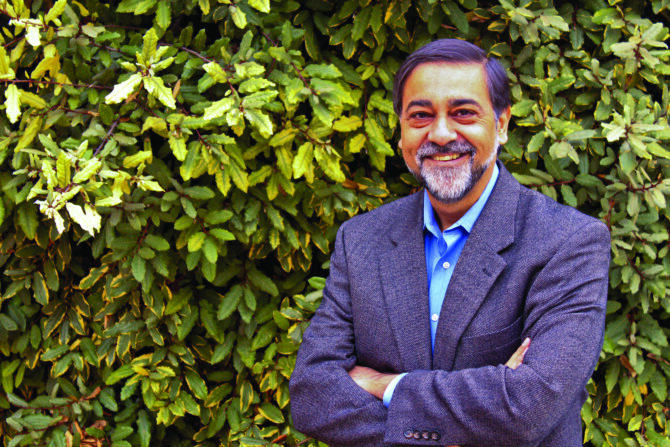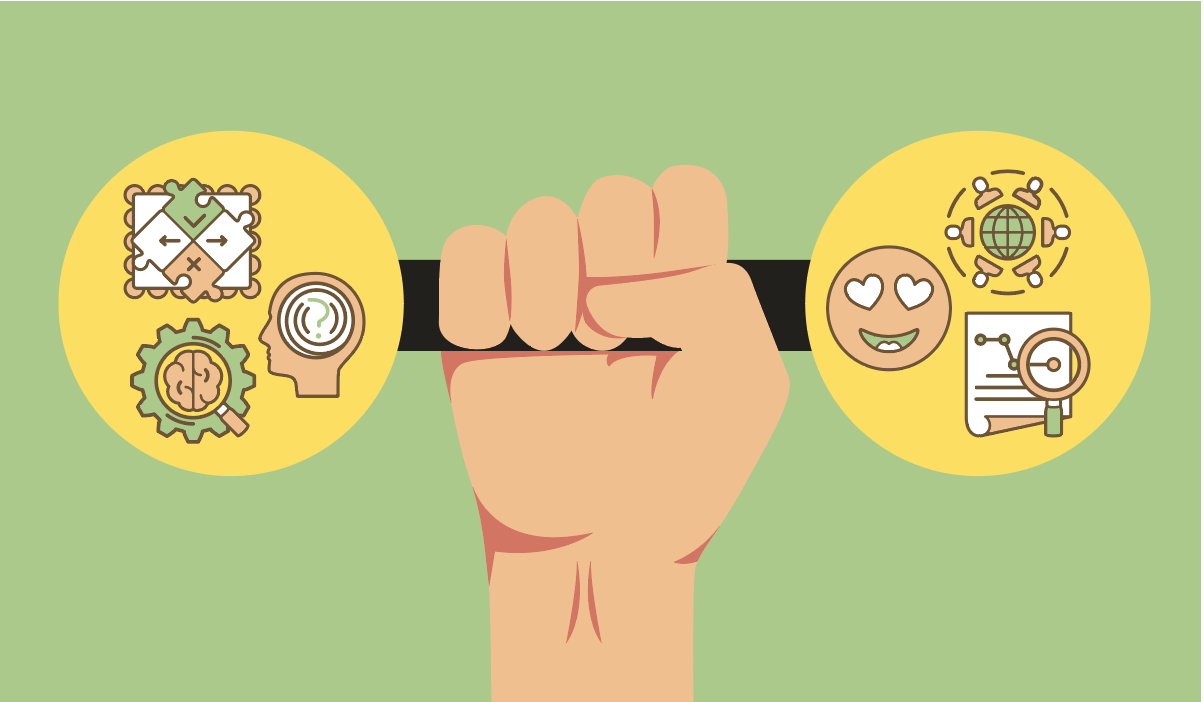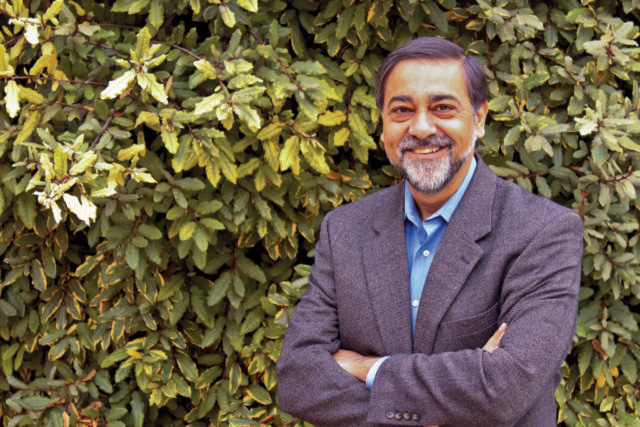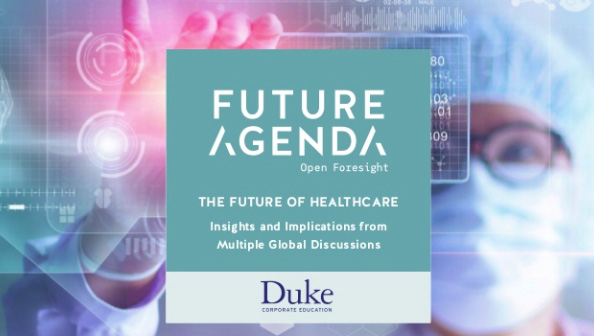Science long since left ethics in its wake
We are now in the amoral age. Too often, that adjective is confused with immoral: the intentional violation of accepted societal ethics. But the amoral age is neither evil nor good. Rather, it is unguided: technological progress has outpaced the ethical framework that once underpinned it.
The fields of human reproduction and genetic design have raced so far ahead that it is not only lawmakers that are unable to keep up. Human ethics – the codes that underpin every civilized society – lag far behind. Soon, if not already, a raft of technologies and inventions will become readily available to the public. The problem is that the public have yet to consider whether they should be.
New research has carved a clear path to so-called genetic optimization. One overriding attraction will be that people can choose healthier offspring. But optimization goes further than disease screening. Genetic testing firm Nucleus Genomics recently unveiled Nucleus Embryo, a screening platform that allows aspirational parents to assess – and handpick – up to 20 embryos for more than 900 conditions and traits. Want to ensure your son grows tall? Choose an embryo with the height gene. Excited to bear an intelligent daughter? Pick a girl with cleverness hardwired in.
Some might argue that there is little morally wrong with this. After all, the evolution of the race depends on women choosing partners whom they subconsciously – or perhaps consciously – think will give them healthy, bright, successful children. How is selecting at birth different?
Perhaps it isn’t. Perhaps it is. Yet science and technology continue without any moral debate. All too few are aware that designer babies are even possible; fewer still have pondered whether they are desirable. We still have an opportunity to ensure that science and ethics can progress together: but that window is narrowing every day.
The US startup Orchid, which pioneered full-genome sequencing of IVF embryos for disease screening, was once a service available only to a handful of high-net-worth individuals. Not anymore. Its services, like many of those in the genetics space, are being rapidly democratized, becoming more readily available to a burgeoning middle class.
It is possible that the technology could quickly move beyond screening and selection to full-scale embryo editing. Brian Armstrong, chief executive of cryptocurrency trading platform Coinbase, is a longtime fan of cutting edge biotech ventures. He now wants to launch a company that would make DNA design the next generation of family planning. Some will be excited about that prospect. Others will be fearful. Most are simply unaware.
Way back in 2017, I used a Washington Post article to ask: “Human editing has just become possible. Are we ready for the consequences?” I warned that gene-editing technology Clustered Regularly Interspaced Short Palindromic Repeats (CRISPR) had made embryo editing feasible, but that society was wholly unprepared for the moral fallout – and had failed to even launch the necessary ethical debate.
Then, as now, my concern centered on the risk that parents would too easily segue from preventing disease to designing their children. That risk has become reality. Designer babies are born – to the sound of moral silence.




